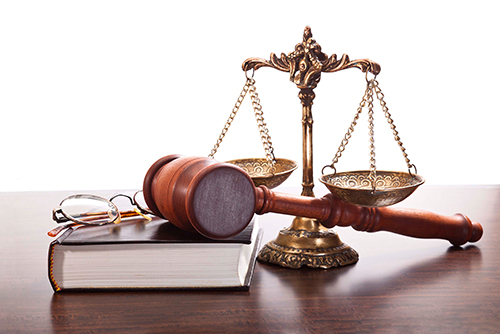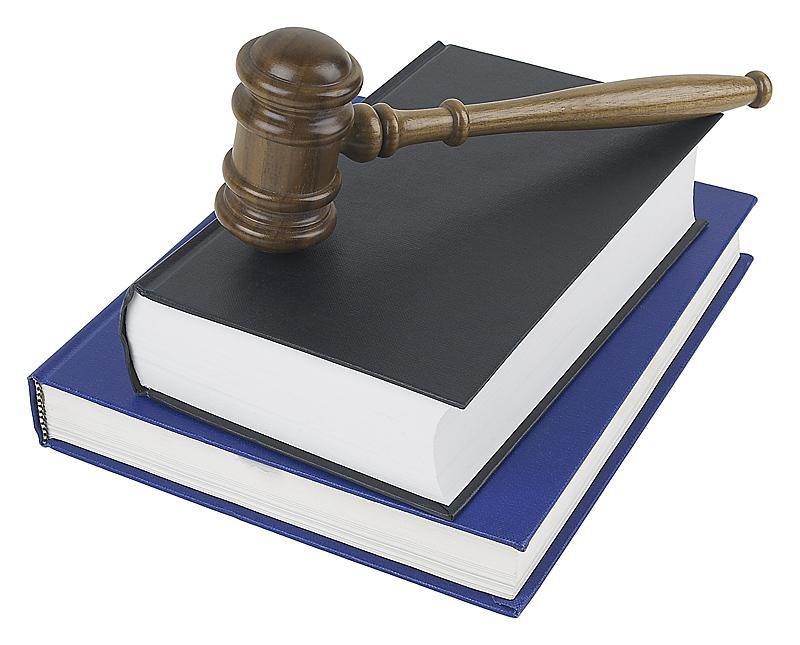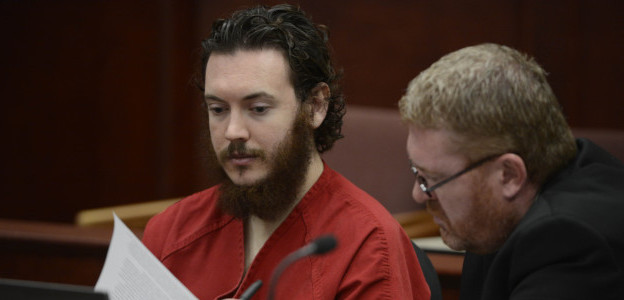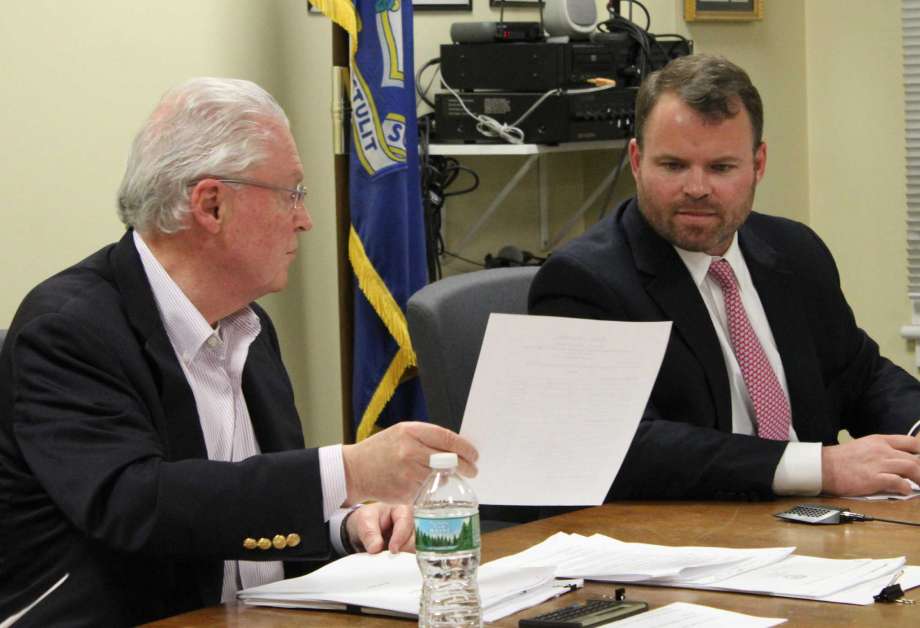Article 11 of the Civil Code of the Russian Federation is dedicated to the protection of the rights and freedoms of citizens. The law defines its main methods. Further, the provisions of the article are developed by other legislative acts, including the Procedural Code. It is established that executive authorities take part in the protection of rights in accordance with the law.
What is the meaning of the article
Art. 11 of the Civil Code of the Russian Federation is developing constitutional provisions that the powers of the courts extend to all legal relations in the state. Why is this provision introduced? Earlier, during the years of Soviet power, appeal to the court was limited by law. The official clarifications for the courts indicated which disputes are withdrawn from the jurisdiction of the court.

Now, any dispute that arose between citizens and / or organizations is considered by the court. Gradually, a system of administrative justice is developing, which examines citizens' claims to the authorities.
Civil rights
Civil rights is a specific branch of law that regulates property and non-property relations of citizens. For example, the right to own property, enter into transactions, acquire an inheritance, etc. Non-property rights are non-material benefits. This may include the right to a person’s private life, to protection of dignity and an honest name, etc.
Intellectual property rights have their own characteristics.
All rights are closely related to obligations, one comes from the other. In particular, the right of ownership obliges its owner to maintain the existing property.
Third parties are required to consider someone else's law.
Violated and Contested Rights
In law, in Art. 11 of the Civil Code, the expression "violated" or "contested" rights is used. The first refers to the commission of acts of an unlawful nature. For example, one of the parties to the contract does not fulfill its obligations or does not do so in good faith.
If a neighbor has taken part of someone else's land, his actions are also considered a violation of the right of ownership or use.

Contested rights means not fully recognized, called into question.
This is due to the lack of a full package of documents issued by authorities. For example, a person became a full-fledged heir, but did not complete the paper until the end. It seems to be a legitimate acquirer, but on the other hand, its capabilities in terms of conducting transactions are limited.
In this case, it is possible to challenge the right through a court by a third party who wants to get the property or part of it, based on the dubious legality of the transaction or other reasons.
Organization of the judiciary
Art. 11 of the Civil Code of the Russian Federation refers to jurisdiction, the existence of arbitration and civil courts. What does it mean?
There are three judicial organizations in the country:
- civil court system - considers disputes between citizens and organizations;
- arbitration system of the courts - deals with the settlement of disputes between entrepreneurs and commercial structures, where the presence of a citizen-consumer is excluded;
- administrative system of legal proceedings - its functions are performed by general courts, as well as partially by arbitration (disputes about the legality of regulations, tax penalties, etc.).
The needs of the army and navy are served by military courts. They consider both criminal and civil cases related to the property rights of military personnel.
Thus, the protection of civil rights is the execution of justice in civil matters.
Judicial remedy mechanism
Art. 11 of the Civil Code in the comments refers to the procedural codes. Civil rights are protected mainly by filing a lawsuit.Other methods of indirect protection are also provided.
For example, citizens can use the right to file an application for recognition of fact or for emancipation. This will mean that a minor acquires the full range of rights and obligations, that is, all age restrictions in terms of civil liability are removed.

Special procedures are also included in arbitration proceedings, in particular, the same recognition of a fact, bankruptcy procedure (applies to citizens who are not involved in entrepreneurial activity).
Thus, the law provides two defense procedures in both civil and arbitration courts - in the framework of lawsuit and special proceedings and other special judicial procedures.
The first instance deals with the dispute on the merits, all the rest review the cases as part of the complaints filed against judicial acts of lower instances.
Filing a lawsuit or complaint against a decision is entirely voluntary; no one has the right to force a filing or rejection of a lawsuit or complaint.
Ways to protect civil rights
A method of protection is a means of influencing public relations in order to restore violated or disputed rights. For example, recognition of the right or assignment of an obligation to the defendant, which he must fulfill at the time agreed by the court.

They are determined by substantive law, in particular, by the same Civil Code and other laws. The provisions of the law directly stipulate what the plaintiff has the right to ask in court.
If we consider the judicial protection of civil rights, Art. 11 in the complex, it can be said that it is a form, and the means are its content.
Arbitration proceedings
The arbitration court is a justice system built outside the state system of courts.
According to the changes in 2016, they are created at NPOs (for example, combining SROs, at CCIs, etc.). The law excludes organizations in which arbitration courts cannot be organized.
Arbitrators are entitled to become persons with a higher legal education, work experience and who have passed a special suitability test. Institutions of non-governmental arbitration are now operating on an ongoing basis.

They consider the dispute by mutual agreement of the parties. A number of cases are excluded by law from its jurisdiction. And the clause in the dispute transfer agreement that violates the limitation is invalid.
An alternative procedure takes much less time (an average of 10 days is spent on a dispute). Then a copy of the decision is submitted to the arbitration court to issue a writ of execution.
If its extradition is refused, the dispute is considered in the general procedure by the state court.
Similarly, the system operates in relation to the arbitration court and civil cases.
